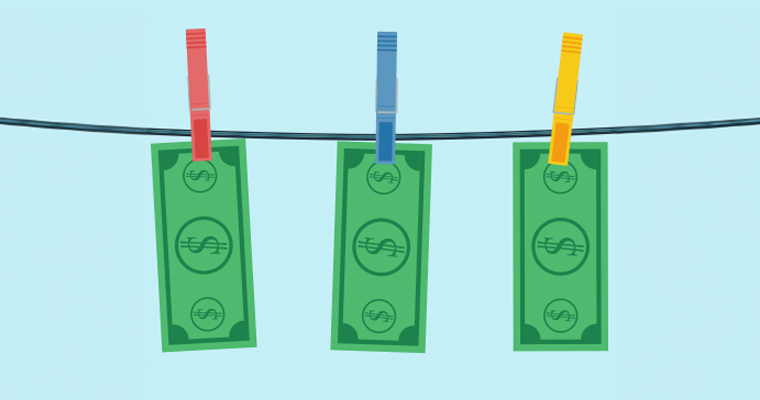Innovation in investment banking has traditionally focused on speed, scale, and quantitative precision. But as genAI gains traction, a new focus is entering the equation: creativity. Creativity is emerging...
Regulatory risk encompasses the potential for financial loss, operational disruption, or reputational harm when an organization fails to meet the requirements of applicable laws, regulations, or internal...
For Partners in investment banking, the real opportunity in genAI lies in accelerating insight, boosting client value, and protecting margin. Generative AI is rapidly becoming a differentiator in financial...
This year’s Kroll Fraud and Financial Crime Report found companies are growing increasingly concerned that third parties are driving a higher risk of financial crime. We read through the report to pull...
Millions of companies around the world have been impacted by regulations which mandate them to carry out ESG and human rights due diligence (HRDD in the last few years–or they soon will be. These regulations...

As the world has changed, so have requirements for managing business risk. Supply chains have grown more complex and less transparent. Negative news spreads like wildfire across myriad media channels. And governments—including the EU, UK and US—have upped regulatory pressures for companies to address adverse human rights and environmental impacts associated with doing business.
Expanding on existing laws related to forced labor and child labor, the EU Parliament recently voted to enact a law requiring companies to conduct environmental and human rights due diligence along their full value chain. Both EU and non-EU organizations will be subject to the law and those found to have fallen short could face substantial fines, sanctions or civil liability.
Likewise, the UK recently proposed amendments to the Modern Slavery Act 2015 that expands the reporting requirements to include the due diligence and risk assessment measures that have been taken to mitigate human rights issues in the supply chain.
In the US, the primary law used to address forced labor is the Tariff Act of 1930. It has seen its share of amendments in the 90+ years since it was enacted, including the 2016 closing of a loophole in Section 307 that strengthened the ban on imports to cover “all goods, wares, articles, and merchandise mined, produced, or manufactured wholly or in part in any foreign country by convict labor or/and forced labor or/and indentured labor under penal sanctions.” Based on current signals from Washington D.C., more changes are on the horizon—and companies may want to prepare by re-evaluatinghow they manage supply chain due diligence .
What’s fueling increased attention to labor practices? The deadline for achieving the 17 UN Sustainable Development Goals is only eight years away—and that’s not a lot of time for tackling big issues like human rights and climate change. But there’s another reason that’s even more pressing.
Pandemic reverses progress on worker protections
The latest figures from the International Labour Organization (ILO) suggest that the COVID-19 pandemic aggravated conditions for many workers across the global supply chain.
- As in-person worksite inspections declined due to the pandemic, labor violations went unchecked.
- Unscrupulous organizations took advantage of the situation, leading to unsafe working conditions and pressure to work long hours.
- Economic uncertainty caused by higher unemployment created more pressure on children as a sources of income.
Migrant workers and children are particularly vulnerable. Noting that the world faces a “pivotal time as the pandemic threatens to jeopardize progress,” the ILO predicts a potential increase of 9 million children in child labor by the end of 2022.
“The pandemic has highlighted the complexity and fragility of many supply chains and reinforced the link between the lack of visibility over supply chains and the vulnerability of workers to modern slavery,” writes Owain Johnstone, co-author of a study on the impact of COVID-19 on efforts to end forced labor. “More transparent, resilient supply chains are better for business and better for workers”, he concludes.
Governments aren’t just raising expectations for organizations to mitigate human rights violations in their supply chains. They’re raising the financial stakes when organizations fail to do so. What’s more, public scrutiny—especially when allegations of unfair or unsafe labor practices go viral on social platforms and the news—can lead to costly reputational damage. Is your organization’s supply chain due diligence digging deep enough to mitigate the risk? Contact us for Nexis Diligence to improve your due-diligence research!
Get in touch
Email: information@lexisnexis.com
Telephone number:+91 99100 69136